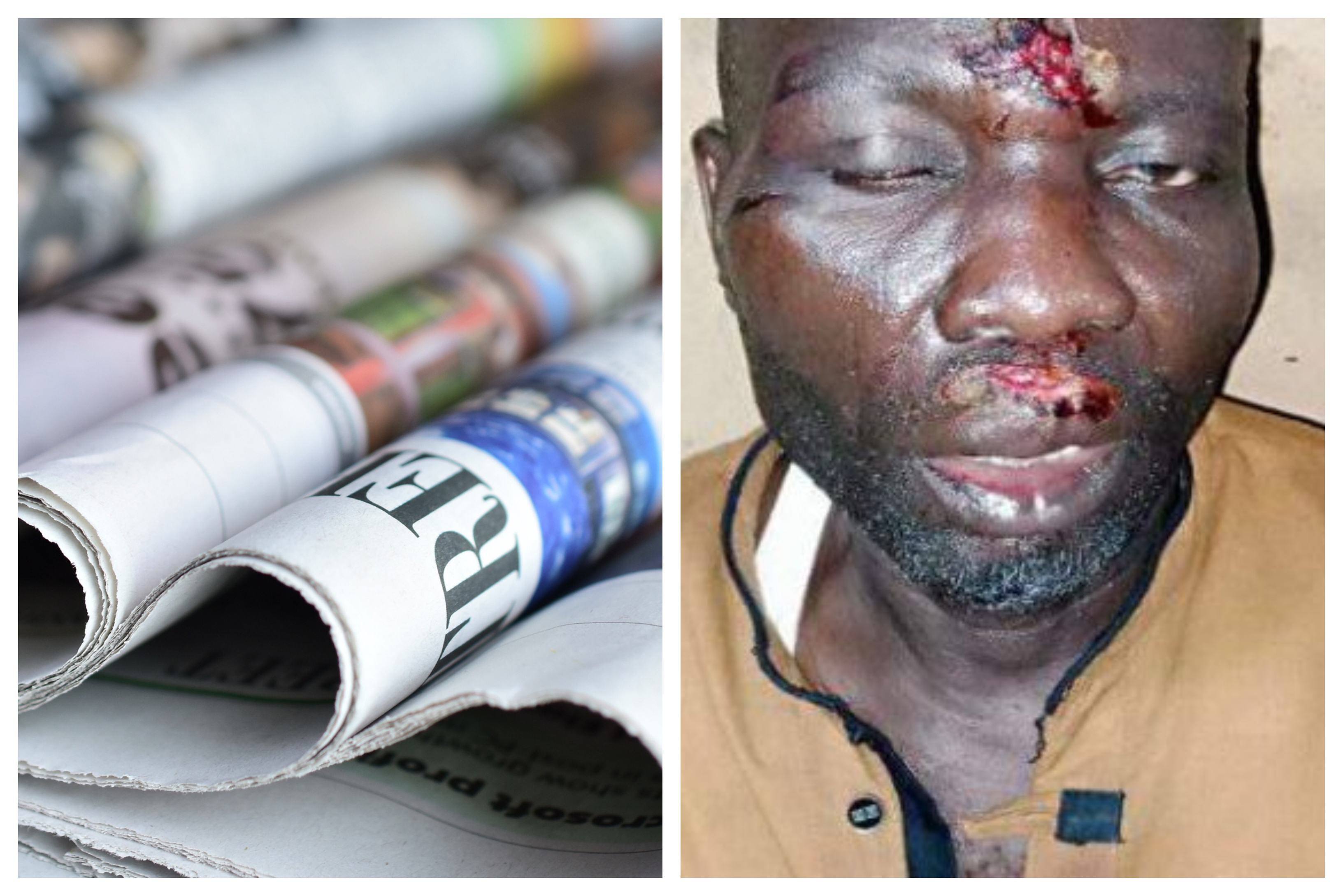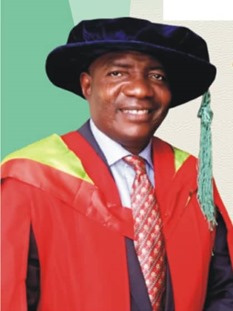PAG Felicitates Muslims on Commencement of Ramadan Fast
February 18, 2026TOP TEN MUSLIM UNIVERSITIES IN AFRICA
February 14, 2026ANALYSIS: Why Nigeria GDP is not the best in Africa Despite having the largest market
February 10, 2026Silenced Voices: How Anti-Muslim Media Outlets in Nigeria Fuel Islamophobia and Disunity
Silenced Voices: How Anti-Muslim Media Outlets in Nigeria Fuel Islamophobia and Disunity

By Adeleke Olalere MO
The media can be a powerful tool in shaping public opinion. However, when used to spread misinformation and create false narratives about a particular group, it can have devastating consequences. This is particularly true when it comes to the way Muslims are portrayed in the media, especially in Nigeria.
The recent attack on Muslims in a Mosque in Ife by some Yoruba Traditionalists in Nigeria is a stark reminder of the dangers of anti-Islamic sentiment in the country. This unfortunate incident is a clear example of the extent to which some mainstream media outlets in the country promote false narratives about Muslims.
The attack was intentionally underreported by some popular media outlets, despite the fact that the majority of the Muslim victims were brutalized and hospitalized. In contrast, when the same traditionalists attacked Christians, it was heavily reported and projected as a war against Christianity by these same media outlets.
When a non-Muslim septuagenarian marries a teenage girl, his religion identity is protected, but when the man in question is a Muslim, even if the girl in question is 19, that’s when the news article heading would change to: “Muslim Septuagenarian marries teenage poor girl”. Why? When a non-Muslim commits a capital offense, these bias media outlets would write: “Man rapes daughter to death in Enugu”; But when it is one Aminu from Kano, it would change to: “Muslim man from Kano rapes daughter to death”. Why? When Muslims are glaringly underrepresented in the political leadership of the South, Oyo and Osun in particular, where Muslims outnumber Christians, for instance, there’s always ‘media-mute’, but when the same happens in the north,for example in states like Kano or Kaduna, then the outcry against religious injustice takes over these media space for months. Why?
This is unacceptable, as it perpetuates a narrative of hatred and discrimination against Muslims in the country. As Muslim News Nigeria notes, “The achievements of and good news about Muslims are being or at best distorted while atrocities committed by a few individuals/groups such as Boko Haram are being blown out of proportion in a sinister attempt to paint Islam black”.
The situation is further compounded by the fact that some Nigerian politicians and “pastorpreneurs” have been known to use inflammatory anti-Muslim rhetoric to mobilise their supporters and gain political power. According to The Guardian, “Some Nigerian politicians and pastors have been accused of using inflammatory anti-Muslim rhetoric to mobilise their supporters and gain political power”.
This is alarming and has resulted in a rise in hate speech and discrimination against Muslims in the country. Pathetically, the United Nations Alliance of Civilizations (UNAOC) has therefore designated 15 out of its nearly 60 member countries as facing an “epidemic” of hatred, with Nigeria being one of them. This underscores the urgent need for media outlets to report accurately and fairly on events that affect different communities in the country.
As responsible citizens, we must hold our media and politicians accountable and demand fair and accurate reporting that does not demonize Muslims or promote disunity. We must also work to promote understanding and unity between different communities, as well as support Muslim organizations that are fighting against Islamophobia and its harmful effects. Organisations such as Muslim Media Watch, National Council of Muslim Youth Organisation (NACOMYO), Muslim Students Society of Nigeria (MSSN), the Islamic Education Trust and the Muslim Rights Concern (MURIC) and many others are working tirelessly to promote accurate information about Islam and counter false narratives in Nigeria.
In addition to the media’s role, it is also important to recognize the power of interfaith dialogue and cooperation. By engaging in meaningful conversations with people from different faiths, we can break down barriers and promote understanding and cooperation.
As the Holy Quran reminds us: nations and tribes were created to know one another.” This highlights the importance of promoting interfaith dialogue and the need for all members of society to work together to combat Islamophobia and discrimination against Muslims. More so, it is important to recognise that the fight against Islamophobia is not just the responsibility of Muslims. It is a collective responsibility of all members of society, regardless of their religious or cultural backgrounds. As noted by The Conversation, “They help to decrease the spread of anti-Muslim vitriol by providing a rational forum for discussion.” This highlights the importance of creating spaces for open and honest conversations about Islamophobia and its harmful effects.
In addition to dialogue, we must also hold those responsible for promoting anti-Islamic rhetoric accountable. This includes politicians, media outlets, and other individuals who use inflammatory language to mobilize their supporters and gain political power.
It is also crucial to recognise the importance of education and awareness-raising. By promoting accurate information about Islam and countering false narratives, we can reduce the spread of Islamophobia and promote understanding and unity between different communities.
The recent attack on Muslims in Ife and the underreporting of it by some media outlets is a wake-up call for all of us to take action against Islamophobia and discrimination. We must work together to promote accurate information, engage in dialogue, and hold those responsible for promoting hatred accountable.
As patriotic and responsible Nigerians, it is our duty to challenge our own biases and prejudices and to actively work towards creating a more inclusive and harmonious society. Only by doing so can we ensure that Nigeria remains a diverse and vibrant country where all individuals are valued and respected, regardless of their religious or cultural backgrounds. Undoubtedly, the role of the media in shaping public opinion cannot be overstated. When used to promote false narratives and stereotypes about Islam, it can contribute to the disunity and hatred that is so harmful to our society. However, by promoting accurate information, engaging in dialogue, and challenging our own biases, we can work together to combat Islamophobia and promote understanding and unity between different communities.









